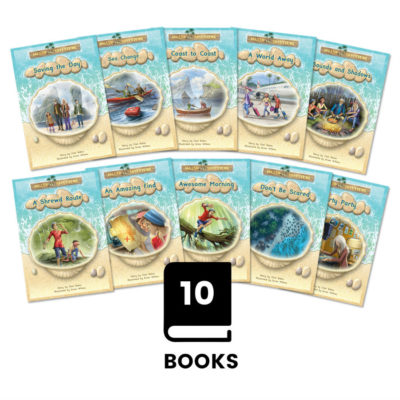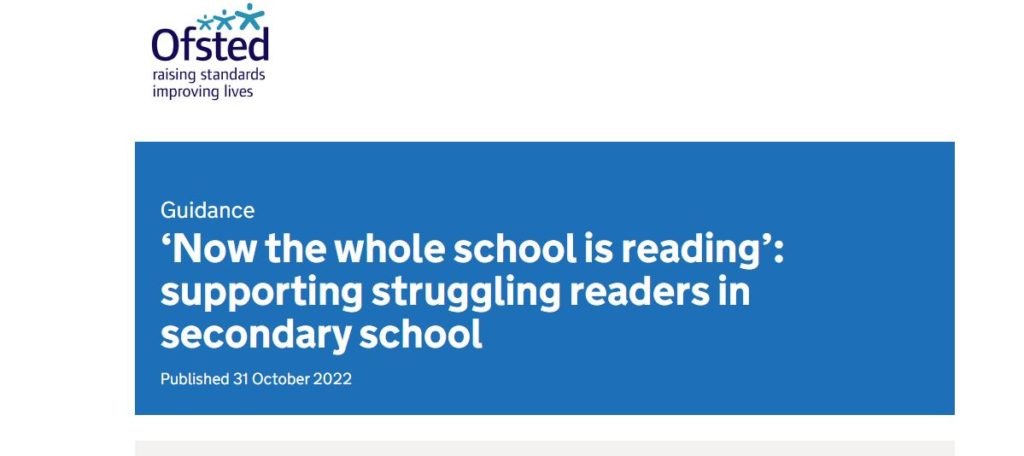Some years back I worked as a dyslexia specialist in a secondary school. I often had to seek out my students who were attending other lessons. The approach was they they couldn’t be withdrawn from their lessons as they had a right to access the curriculum. Now, these were struggling readers and I always wondered how they could have access to the curriculum if they couldn’t read?
These students had entered secondary school without being able to read independently and could not participate in class learning without assistance. Few if any of these students would be able to sit GCSE exams. What did the future hold for them? Where was the action to change the trajectory of failure for these students? Isn’t reading a right that all children should enjoy?
A recent report from the Department for Education stated that a quarter (yes, a quarter!!!) of students arriving in secondary schools had low reading skills. And this is in a country that has Phonics at the core of the primary curriculum! The DfE looked at 6 schools that had succeeded in getting many of these students to pass their English GCSE exams. What did they have in common?
Here are the conclusions:
- Senior leaders prioritised reading by investing in additional, bespoke help for struggling readers and training for staff who taught reading
- Teachers accurately identified gaps in pupils’ reading knowledge
- Staff who taught reading had expertise in teaching weaker readers
- Clear procedures were in place to monitor this teaching and its impact on struggling readers
- As pupils’ reading improved, they gained confidence and became more motivated to engage with reading in class
We welcome this report and agree with its conclusions. Reading should be a priority in secondary school. There should be a recognition that this is the most important skill that students have a right to as it will determine their future.
At Phonic Books, we have spent a lot of time thinking about how to create reading resources that will motivate these students to reengage them with reading and at the same time build their reading skills. Here is just one for our many series that introduces that vowel digraphs: Island Adventure.

To see our range of decodable books for older readers visit our Catch-Up range in our shop.
You can read the report here.
#strugglingreaders #readingintervention #dyslexicsinsecondaryschool


